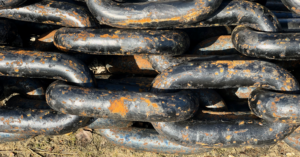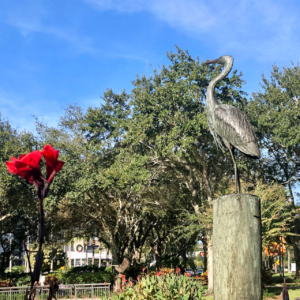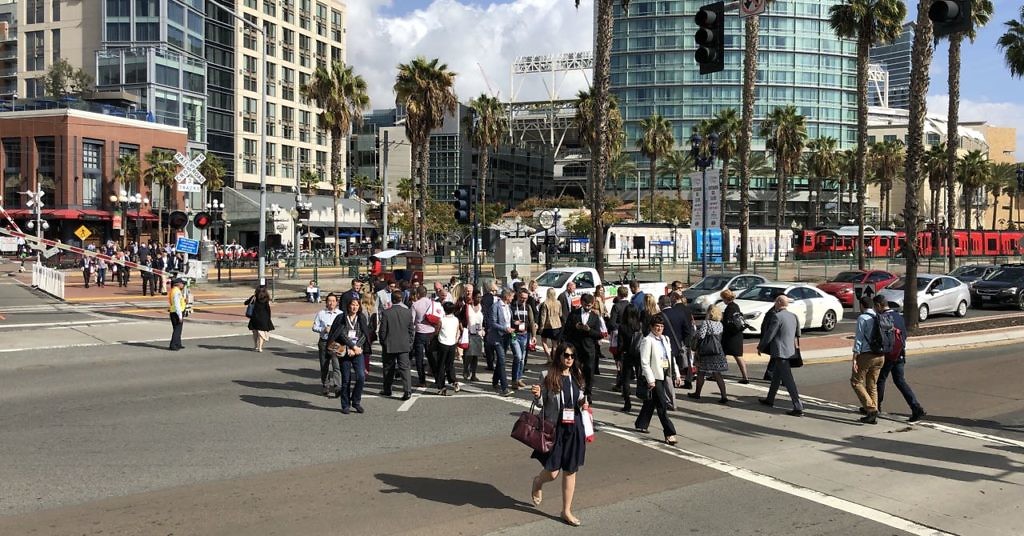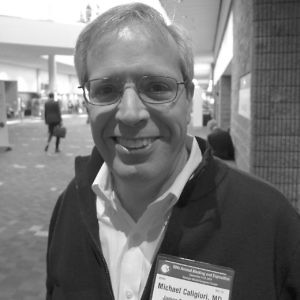The Potential of CAR-NK Cells for Cancer Immunotherapy
This week the conference cycle continues with the annual meeting of the American Society of Gene and Cell Therapy (ASGCT) (Twitter #ASGCT20).
 Due to the ongoing travel challenges and need for social distancing as result of Covid–19, one key annual immunology meeting originally slated for this month was AAI in Honolulu, which was sadly cancelled. Fortunately, ASGCT is being held as a live virtual meeting instead, so do check it out if you have a keen interest in this field.
Due to the ongoing travel challenges and need for social distancing as result of Covid–19, one key annual immunology meeting originally slated for this month was AAI in Honolulu, which was sadly cancelled. Fortunately, ASGCT is being held as a live virtual meeting instead, so do check it out if you have a keen interest in this field.
One area we’re hoping to learn more about at ASGCT20 is cell therapy using natural killer (NK) cells. It’s an exciting and emerging area, which is attracting a lot of interest of late.
Those following the NK cell space will no doubt have seen the recent announcement of the collaboration between Kite/Gilead and Melbourne based oNKo-innate, co-founded by Prof Nick Huntington (@Dr_Nick_Bikes) and Dr Jai Rautella (Link to PR).
Other NK focused companies in the news include the licensing by Avectas of the CAR-NK cell therapy from Galway based ONK Therapeutics, founded by Prof Mike O’Dwyer (@MichaelodwyerMD) (Link to PR).
It’s definitely an exciting time to be an NK cell biologist!
In our ongoing series of expert interviews, we caught up with Prof Huntington from Melbourne to talk about the potential of CAR-NK cell therapies.
To learn more from our oncology analysis and get a heads up on insights and commentary emerging in the NK cell niche, including our latest expert interview subscribers can log-in or you can click to gain access to BSB Premium Content.
This content is restricted to subscribers


 In our latest expert interview, we depart from the usual focus on one of two particular or narrow topics and indulge in a more wide ranging discussion to explore a variety of issues facing the IO field and look at them from the perspective of a researcher who is experienced in working with antibodies in various forms.
In our latest expert interview, we depart from the usual focus on one of two particular or narrow topics and indulge in a more wide ranging discussion to explore a variety of issues facing the IO field and look at them from the perspective of a researcher who is experienced in working with antibodies in various forms.

 There’s also a much wider range of novel immunotherapy approaches being evaluated such as checkpoints, CARs and vaccines with respect to both T and NK cell therapies. There are also a few other immune cells being targeted for developmental therapeutics.
There’s also a much wider range of novel immunotherapy approaches being evaluated such as checkpoints, CARs and vaccines with respect to both T and NK cell therapies. There are also a few other immune cells being targeted for developmental therapeutics. We have covered several clinical developments from Innate Pharma on lirilimumab, but they are actually more than a one compound biotech and have a growing pipeline of antibodies against several novel targets, some of which are unique to the company.
We have covered several clinical developments from Innate Pharma on lirilimumab, but they are actually more than a one compound biotech and have a growing pipeline of antibodies against several novel targets, some of which are unique to the company.
